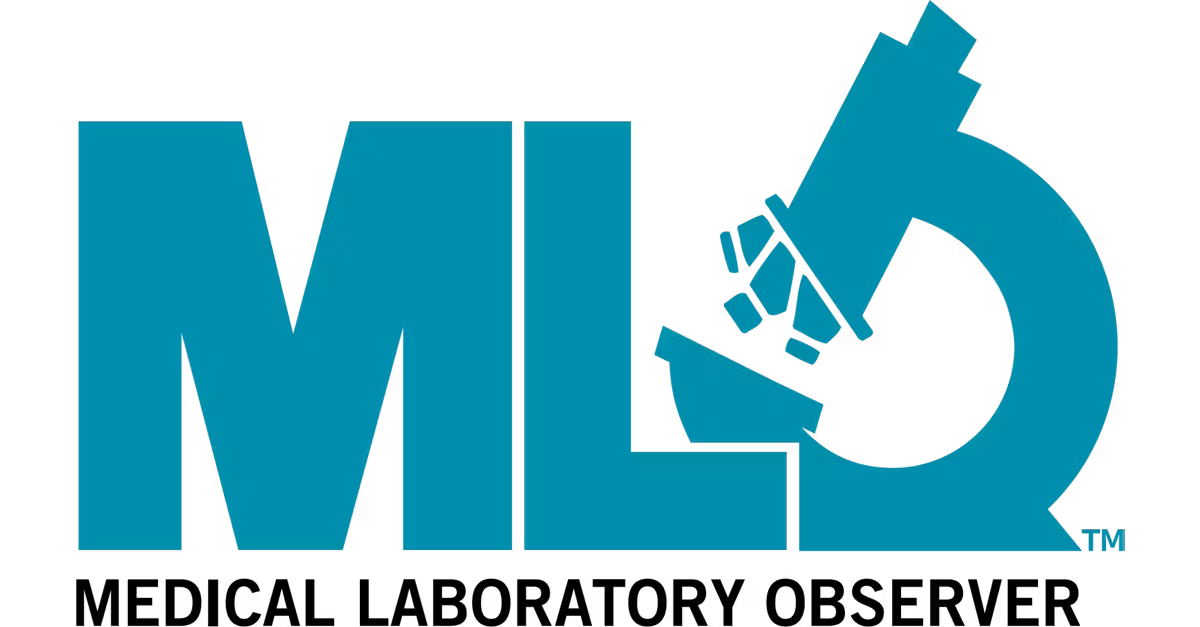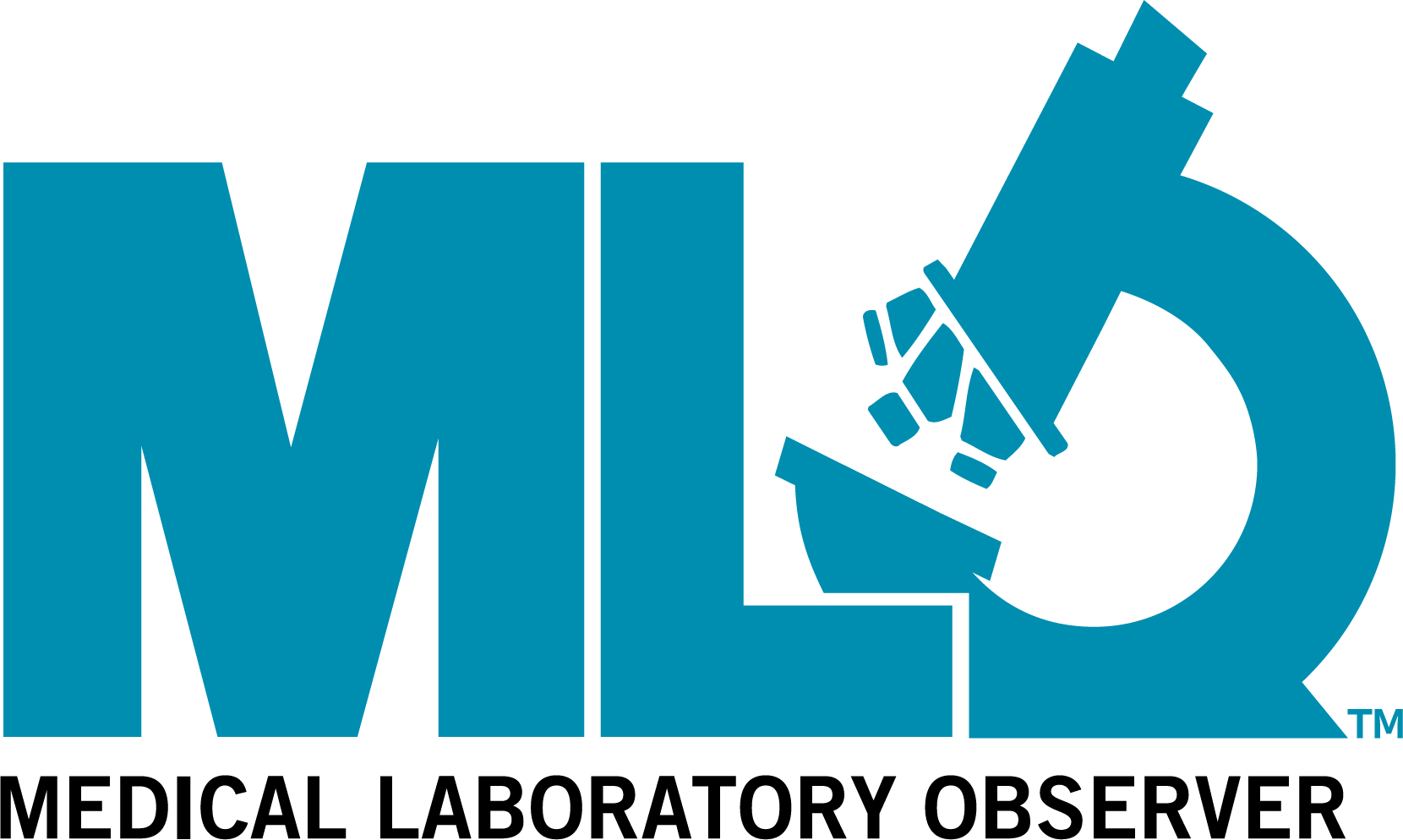May 9, 2022
Israeli startups eye growing precision oncology market

Original source here.
With cancer treatment success rates rising, the field of precision oncology is poised to grow as clinicians aim to move treatment from a one size fits all approach to personalized treatment regimens. Israeli startups including Oncohost Ltd., Nucleai Ltd. and Gina Life Diagnostics Ltd. are part of an emerging wave of companies utilizing artificial intelligence (AI) and machine learning (ML) techniques to personalize the future of cancer diagnostics. This year’s annual Biomed Israel conference, which begins here is Tel Aviv on May 10, will highlight how the field of oncology is evolving.
Oncohost, a Binyamina, Israel-based startup believes the pandemic is an opportunity for personalized medicine growth. The company is developing a host response platform named Prophet that analyzes cancer resistance to immunotherapy using one blood sample before treatment. The platform creates a proteomic profile that is predictive of the patient’s outcome, enabling personalized treatment planning.
“I believe that the COVID-19 pandemic has had a booster effect on the precision oncology field. There is growing understanding that, as a society, we need to be prepared and invest R&D resources not only on ‘life saving’ treatments for oncology, but also for diagnostics, infectious disease and pandemics,” Oncohost CEO Ofer Sharon told BioWorld.
For the field of oncology this may have several consequences such as higher scrutiny on clinical outcomes in clinical trials. “Marginal survival benefits in the minority of patients will not substantiate wide reimbursement schemes. Payors and clinicians are asking for better outcomes, for more patients to reimburse or recommend a treatment,” he added.
Tel Aviv-based startup Nucleai is capitalizing on ML technology to develop Atom, an image analysis platform that can structure and characterize tissue pathology for treatment response prediction. In September 2021, the company partnered with Jefferson Health, a cancer center based in Philadelphia, to discover spatial immunotherapy biomarkers. The mutual collaboration aims to advance AI-based solutions in discovering histological biomarkers and patient selection in clinical trials and clinical settings.
In March 2022, the company closed a $33 million series B financing round jointly led by Section 32 and Sanofi Ventures, with participation from existing investors including Debiopharm, Fosun RZ Capital, Vertex Ventures, and Grove Ventures.
Another Tel Aviv-based startup Curesponse Ltd., is turning its attention to drug selection by developing a drug selection assay which evaluates tumor sensitivity to cancer drugs. The platform preserves the cancer tissue (including vasculature and immune system) and can be grown ex vivo for up to 10 days, enabling genomic assessment prior to functional drug selection.
Education essential for adoption
However, for clinicians to adopt many of these emerging precision oncology diagnostics, public education is imperative, according to Sharon. “The patient is in the middle and COVID taught us that if we want to fight a global pandemic it is not enough to have great medical teams and innovative science. We need the patients to accept the technologies and believe the scientific and medical communities.”
Education programs that create transparency, as well as better understanding of patients’ beliefs and motivations can also benefit startups’ research and development. “One patient's journey is very different from the other even if they have the exact same disease. This is true for cancer as it is for COVID-19, and it means we need to add the patient to the picture when we develop new medical technologies and drugs,” said Sharon.
The gap between AI-based technologies and clinicians’ ability to use them is also an evolving challenge for digital diagnostics, he added. “In many cases the algorithms used by companies produce clinical insights out of a ‘black box’ without biological explanation or clear mechanism of action. It is not easy for clinicians to ‘believe’ those insights,” Sharon said. “This results in lower uptake than expected leading to a ‘crisis of confidence’ between innovators and practicing clinicians. It is the responsibility of the companies that are developing these technologies to bridge this gap, connect the dots between mathematics and biology and create a toolbox for educating clinicians.”
For regulation, many precision oncology startups with AI and ML components are facing hurdles due to uncertainty. “The current regulatory framework of most of the leading regulatory agencies does not enable approval of evolving technologies. The immediate impact is that technologies that are under review or even approved are already outdated before they hit the market," said Sharon.
“The COVID pandemic taught us that we need the ability to have in place processes that allow for shortened review pathways, methods that allow for ‘change on the move’ of technology submission files, and rapid approval cycles. All of these will have positive impact on evolving precision medicine technologies that allow for better patient selection, improved outcomes and require a paradigm change in regulatory approvals," Sharon added.





